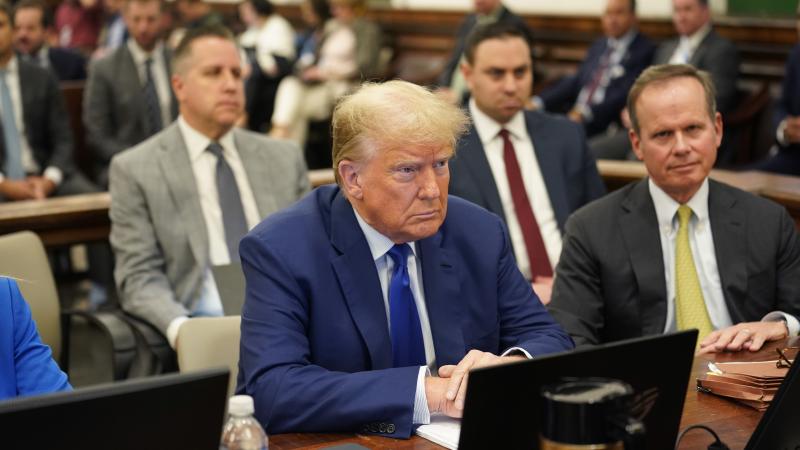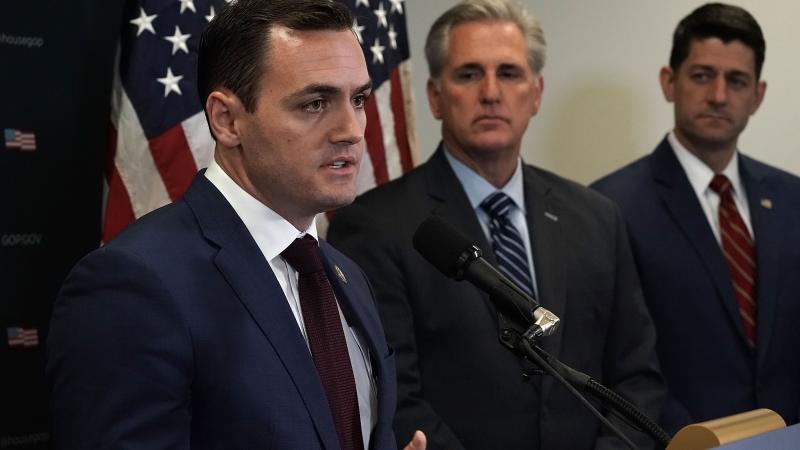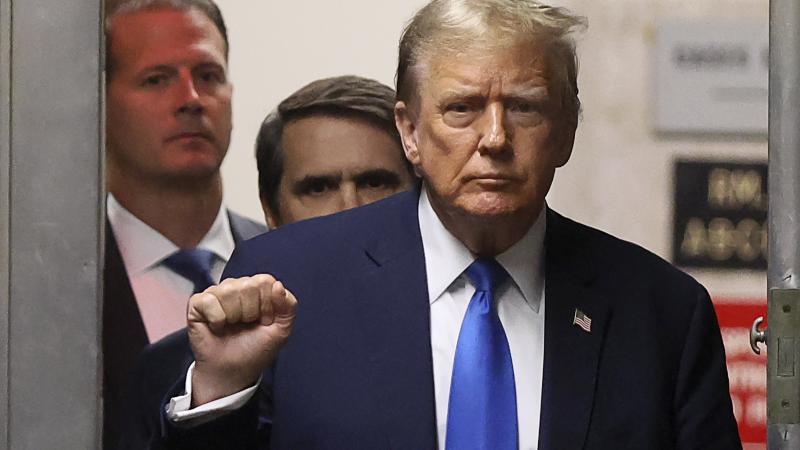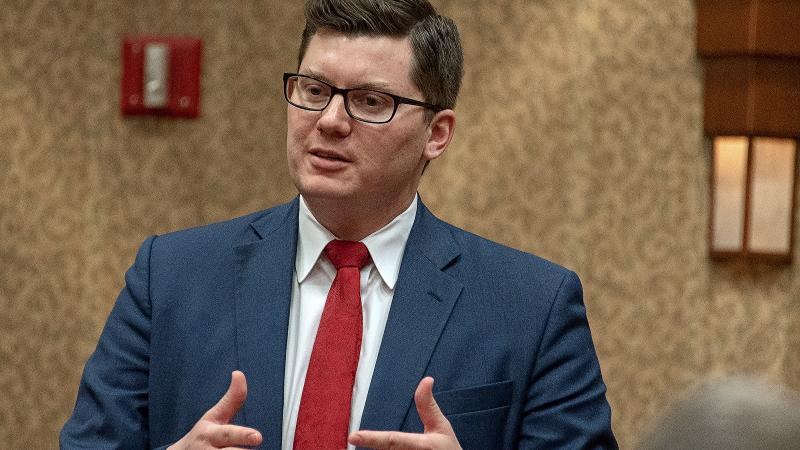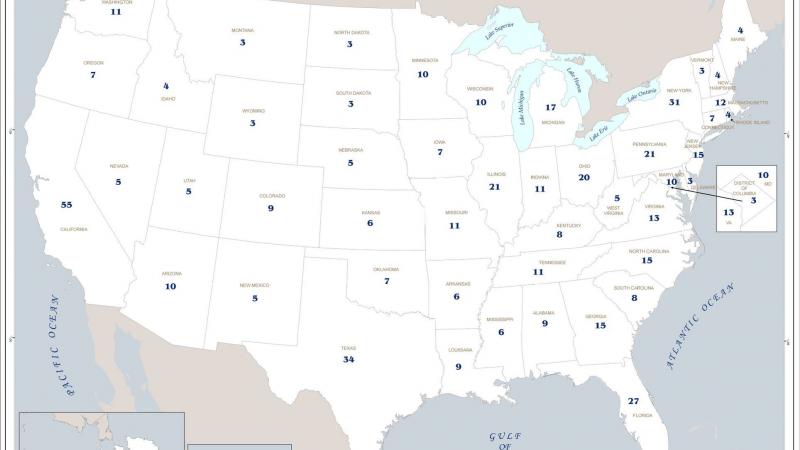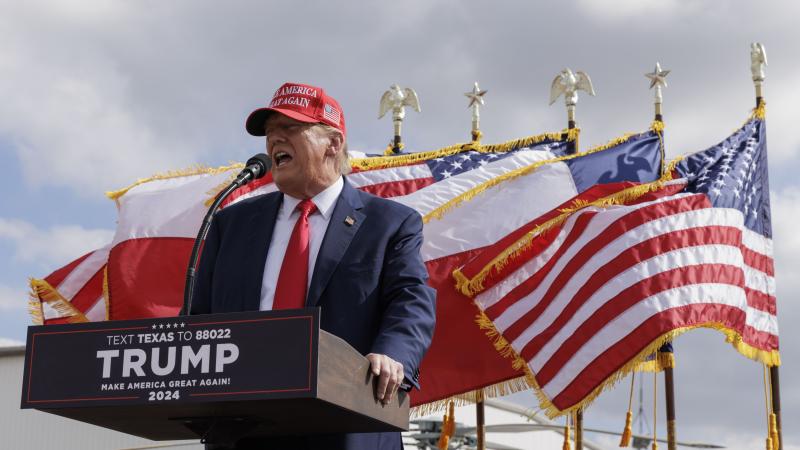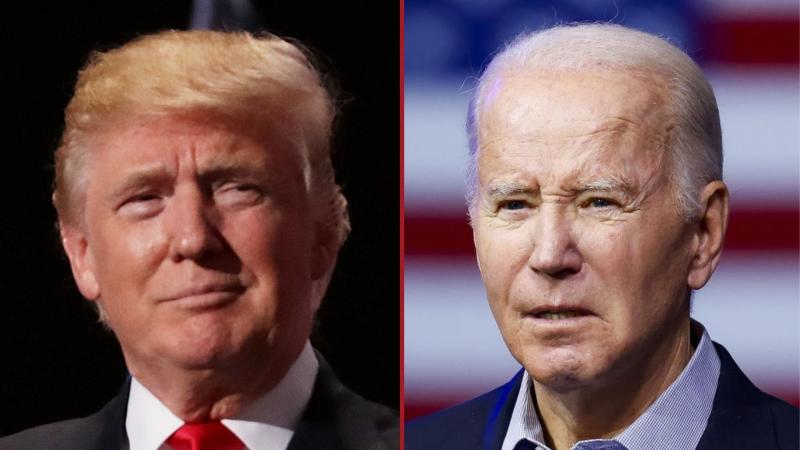FCC Chairman applauds U.K., Germany sharing Trump's security concerns by rejecting China's Huawei
"[A] lot of these countries have recognized, on their own, that the risks of the Chinese Communist Party are just too great," Ajit Pai said in a television interview with "Just the News AM."
Federal Communications Commission Chairman Ajit Pai applauded the U.K. and Germany for sharing President Trump's security concerns by rejecting widespread reliance on China's telecom giant Huawei for their 5G infrastructure.
Late last month, the German government announced that while it was not banning Huawei, it would increase government scrutiny of the Chinese firm, making it more difficult for Huawei to compete. In July, the British government moved to ban telecom companies from purchasing new equipment made by Huawei for their 5G networks, following encouragement from the United States.
Pai said he had personally visited the U.K., Germany, Brazil, Bahrain and Malaysia to obtain "a shared understanding of what the risks are" on 5G and other issues.
"Those conversations that I've had over the last year and a half, along with my counterparts from the State Department, DHS, DOD, the White House and others, are bearing some fruit here," Pai said in a television interview with "Just the News AM." "And I'd like to think that the U.K. decision in this regard is one example of that. I will say that a lot of these countries have recognized, on their own, that the risks of the Chinese Communist Party are just too great. Given the fact that any company that is subject to Chinese jurisdiction has to comply with requests from the Chinese intelligence services, given the Chinese Communist Party's behavior on everything from Hong Kong to Uyghurs in Xinjiang, to surveillance of Chinese citizens abroad, it's just too much of a risk to say, 'Let's let them into our 5G networks that are going to power entire segments of our economy.' That's a risk many countries, I think, are now recognizing is one that is too big for them to take."
In July, the FCC's Public Safety and Homeland Security Bureau designated Huawei and a second Chinese company, ZTE, as national security threats, issuing a directive that funds from the more than $8 billion-per-year Universal Service Fund may not be spent to buy or maintain materials from the two companies. The companies were designated in the wake of a 2019 FCC Commission rule that blocks such expenditures.
In May, Defense Secretary Mark Esper reportedly said European countries should be wary of Russia and China attempting to push their interests during the coronavirus pandemic. Esper was particularly concerned with China's efforts to enable Huawei's 5G network across Europe, which the United States has repeatedly warned could be used by the Chinese Communist Party to spy on civilian and government communications.
Pai said efforts by Democrats and members of the domestic and foreign media to paint the Trump administration's foreign policy as a guns-blazing, unilateral, 800-pound gorilla that bullies NATO allies is far from the reality.
"I can tell you in this regard, we have been exceptionally multilateral," Pai said. "When we go into these meetings, our position is not, 'Here's what the U.S. thinks — you should adopt it wholesale.' It's, 'We want to understand how you see the risks. Where do you see the risks coming for 5G networks that operate in the U.K., or Germany or India and Bahrain. And then sharing our view, 'Here's what we're thinking.' The U.S. is a leader in 5G development and deployment. And we're doing so using trustworthy equipment. And so I think that productive exchange of views has been very, very helpful."
Pai agreed with the White House's Adam Boehler, CEO of the U.S. International Development Finance Corporation, who told Just the News in August that the United States has no intention of sitting passively by despite Huawei's sophistication in the 5G realm of cellular networking. In the ongoing technological battle with China, described by some as a new Cold War, the Trump White House is aiming to leapfrog over China through 6G and other tech innovations beyond Chinese telecom giant Huawei's 5G.
"We're always looking into the future," Pai said. "So even as we've been very aggressive on 5G, we're thinking about the next generation of technologies that isn't even here yet. And so 6G is one of them, artificial intelligence, machine learning, and all of those new emerging technologies is something that we're taking a look at. We've got new spectrum initiatives that we anticipate in coming years some of those great innovators here in the United States will be able to use, to pioneer 6G technologies. So even as we're racing in the present, we're always keeping our eyes on the future, too."




